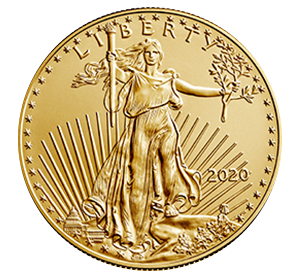A recent study by Bloomberg has uncovered exciting new evidence of gold’s usefulness as a hedge against stock market drops.
Bloomberg financial columnist Cameron Crise went back thirty years and studied 10 devastating market periods where stocks dropped more than 20%. He wanted to see how gold reacted during these painful times.












